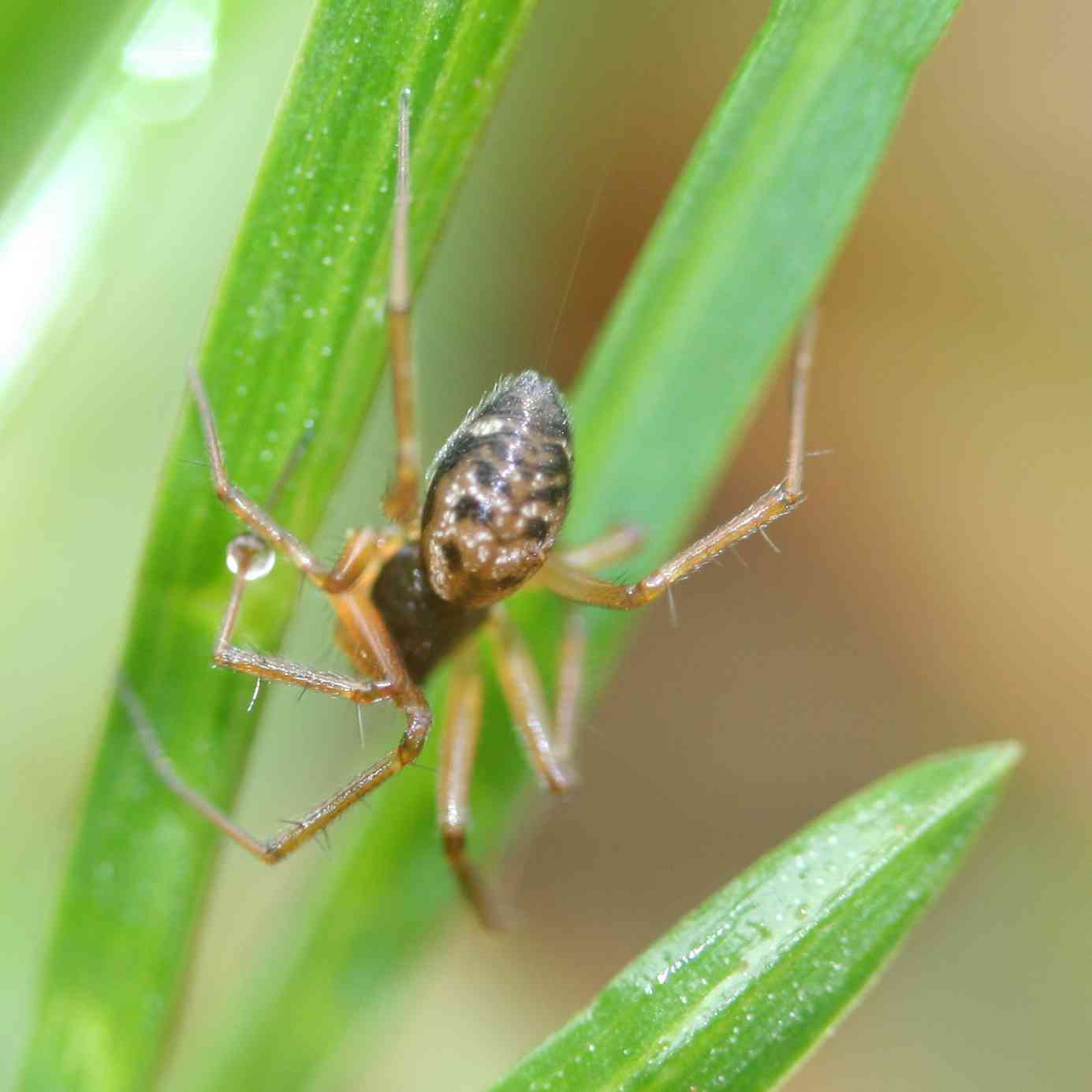News
Incy Wincy Spider reveals the conservation impacts of organic farming – David Macdonald reports on WildCRU’s latest paper on the consequences for nature of organic farming
Incy Wincy Spider’s movements up the waterspout were, according to the nursery rhyme, repeatedly thwarted by rainfall. In reality, spiders are very important, predatory, members of the fauna of farmland, and like Incy Wincy they have to disperse – that is, make their way to new places to forage and breed. This is relevant to the debate over how organic farming affects wildlife on farms, a debate that informs the big societal questions over balancing food security for people and a sustainable countryside for biodiversity and people too.
This topic is much discussed in the recent books Wildlife and Conservation on Farmland that I edited with Ruth Feber. Ruth, one of the country’s foremost farmland ecologists, has led the WildCRU team on a study, just published, of the impact of organic farming on spiders: http://journals.plos.org/plosone/article?id=10.1371/journal.pone.0135921. This work builds on studies demonstrating that organic farming (a low intensity method of farming in which artificial chemical fertilisers are prohibited and pesticides strictly limited) can have benefits for wildlife. Ruth’s team studied 89 pairs of organic and conventional farms across England to find out whether organic farming affected numbers of spiders in arable fields.
Spiders are important beneficial predators in all arable farming systems, helping to control crop pests, such as aphids, as well as being food for other wildlife such as birds and small mammals. Overall, WildCRU’s results showed there were more spiders on organic compared to conventional farms. To explore this result further, we categorised the spiders according to whether they were hunting spiders (which mostly move around by walking and therefore do not travel far) or web-building spiders (some of which may often disperse great distances by a process known as “ballooning”). Interestingly, we found that there were more hunting spiders (poor dispersers) on organic compared to conventional farms, but for the more highly dispersive web-builders there was no effect of organic farming. Perhaps, for this highly mobile group, local impacts of pesticides on conventional farms are quickly reversed by rapid recolonization, whereas the less mobile stay-at-home hunting spiders are stuck where they came from, and thus fare better on organic farms. Furthermore, as in so many aspects of conservation the landscape – that is, the broader ecological context – matters. WildCRU’s spider analysis revealed that the effects of organic and conventional farming systems on spiders differed depending on the amount of arable land in the landscape surrounding the farms.
WildCRU studies always challenge themselves with the question “So what?”. In this case, we suggest that there is a general principle behind our spider results: that the benefits of organic farming may be greatest for species with lower dispersal abilities. Further, we suggest that policy makers and practitioners seeking to foster wildlife on farmland should formulate their strategies at the landscape-scale, as this wider scale planning is most likely to lead to the most effective conservation of biodiversity.
-
 Copyright James Bell
Copyright James Bell





